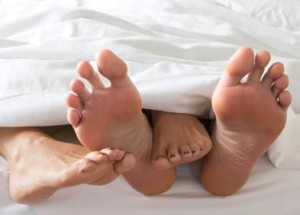Hair Shedding Caused by Propecia
Tuesday, June 16th, 2009We received a distressed email from a young patient who wrote saying he took Propecia after consulting with a doctor but it aggravated my situation and it catalyzed the hair fall instead. I was suggested that the hair fall will be temporary. I was scared so I discontinued the medicine. He was also concerned if malnutrition may have also caused the patchy hair fall and the possible sexual side effects associated with Propecia medication.
When it comes down to hair loss, the first thing that needs to be verified is a family history of hair loss. The reason for this is because most hair loss is genetically linked. In this case, we can use this information to help prevent and reverse hair loss.
Vitamin deficiency can cause hair loss but generally if a person maintains a balanced diet they should be okay. If vitamin deficiency is the issue, vitamin supplements can help correct that.
Finasteride (Propecia) has been clinically tested and proven effective for the treatment and prevention of hair loss and has been FDA approved. You may experience some level of hair shedding during the first few weeks or months but hair growth should become evident within or after 6 months of treatment. Sexual side effects have only been reported in only 1 out of 100 patients tested but the effects are usually temporary. If Propecia medication impedes your libido too much, it is safe to either discontinue usage or reduce the prescription amount.
At this point, we highly suggest starting to establish a good relationship with a good hair transplant surgeon and consider getting a proper evaluation of your hair loss. If male pattern baldness or typical male hair loss is the final diagnosis, we recommend starting a medication regimen and maybe even considering a hair transplant in the near future if need be.

